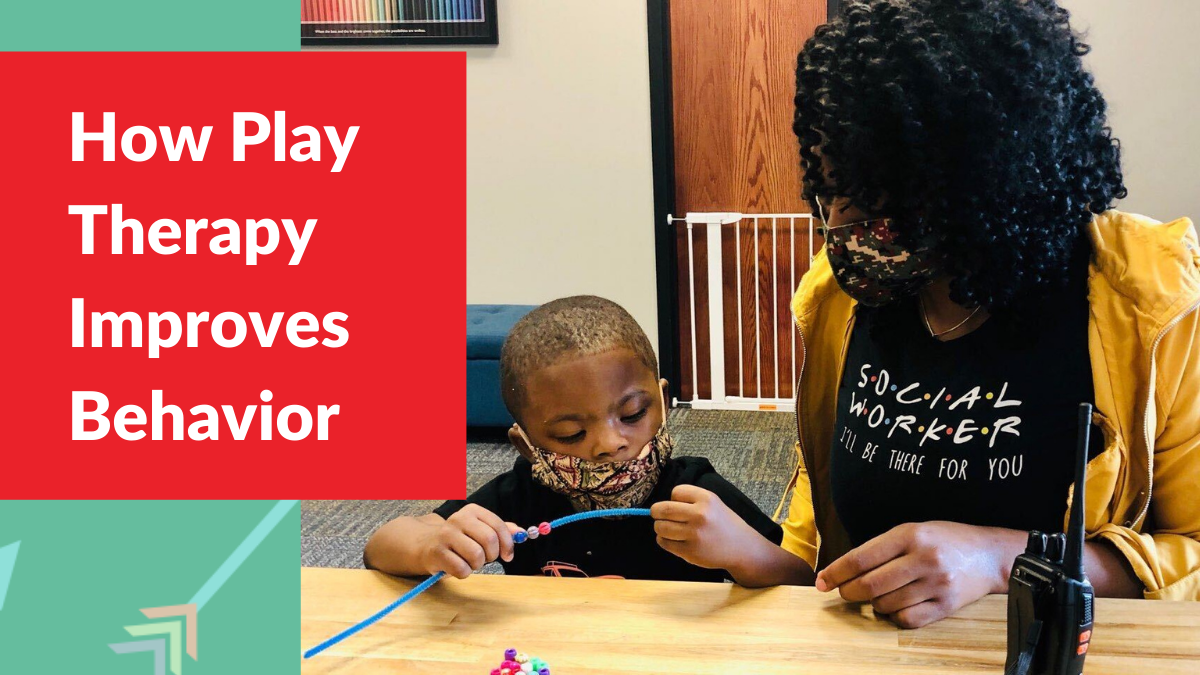
How Play Therapy Improves Behavior
Every child has a unique way of understanding the world around them. Play allows children to learn, develop new skills and express their feelings in unique and fun ways.
Did you know that play can also be a form of therapy? Therapy can be helpful throughout different stages of life for children, including for children who have experienced traumatic events, face maladaptive behaviors, are socially withdrawn, and have unique learning needs. Play therapy will help your child develop skills that allow them to manage their own behaviors (Rothman, 2017).
Play therapy can be a positive way for students to develop self-esteem and social skills, and improve their communication. To best serve children, it is important to be mindful of their life experiences. A child who experienced abuse and neglect as an infant may have a difficult time trusting a professional who is trying to work with them. Meeting the child where they are and creating realistic expectations goes a long way.
Enhancing skills, building trust, creating friendships
Providing students with a positive and fun environment can enhance their skills, particularly when they are sharing the learning environment with other students or a professional they have the opportunity to build trust with. It is important to remember that everything takes time, and students progress at different paces. Students learn through play and together enhance one another’s skills.
At iCan Dream Center’s Afterschool Program, we provide students with a safe learning environment where they can build their comfort zones and have the opportunity to create long lasting friendships. Through play therapy, students become more aware of their behavior and learn self-regulation skills.
Rothman, D. (2017, February 8). Playing to Heal: 5 Benefits of Play Therapy. Retrieved from https://www.insightactiontherapy.com/playing-to-heal-5-benefits-of-play-therapy/
